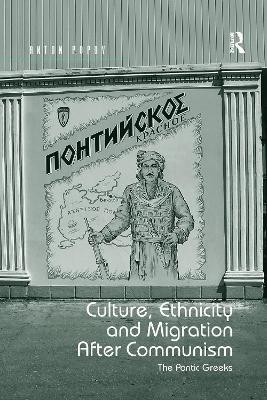Culture, Ethnicity and Migration After Communism(English, Paperback, Popov Anton)
Quick Overview
Product Price Comparison
This book addresses the issue of emerging transnationalism in the conditions of post-socialism through focusing on migrants' identity as a social construction resulting from their experience of the 'transnational circuit of culture' as well as from post-Soviet shifts in political and economic conditions in their home regions. Anton Popov draws upon ethnographic research conducted among Greek transnational migrants living on the Black Sea coast and in the North Caucasus regions of Russia who have become involved in extensive cross-border migration between the former Soviet Union (the Russian Federation, Kazakhstan and Georgia) and Greece (as well as Cyprus). It is estimated that more than 150,000 former Soviet citizens of Greek origin have resettled in Greece since the late 1980s. Yet, many of those who emigrate do not cut their connections with the home communities in Russia but instead establish their own transnational circuit of travel between Greece and Russia. This study demonstrates how migrants employ their ethnicity as symbolic capital available for investment in transnational migration. Simultaneously they rework their practices of family networking, property relations and political participation in a way which strengthens their attachment to the local territory. The findings presented in the book imply that the social identities, economic strategies, political practices and cultural representation of the Russia's Pontic Greeks are all deeply embedded in the shifting social and cultural landscape of post-Soviet Russia and extensively influenced by the global movement of ideas, goods and people.


